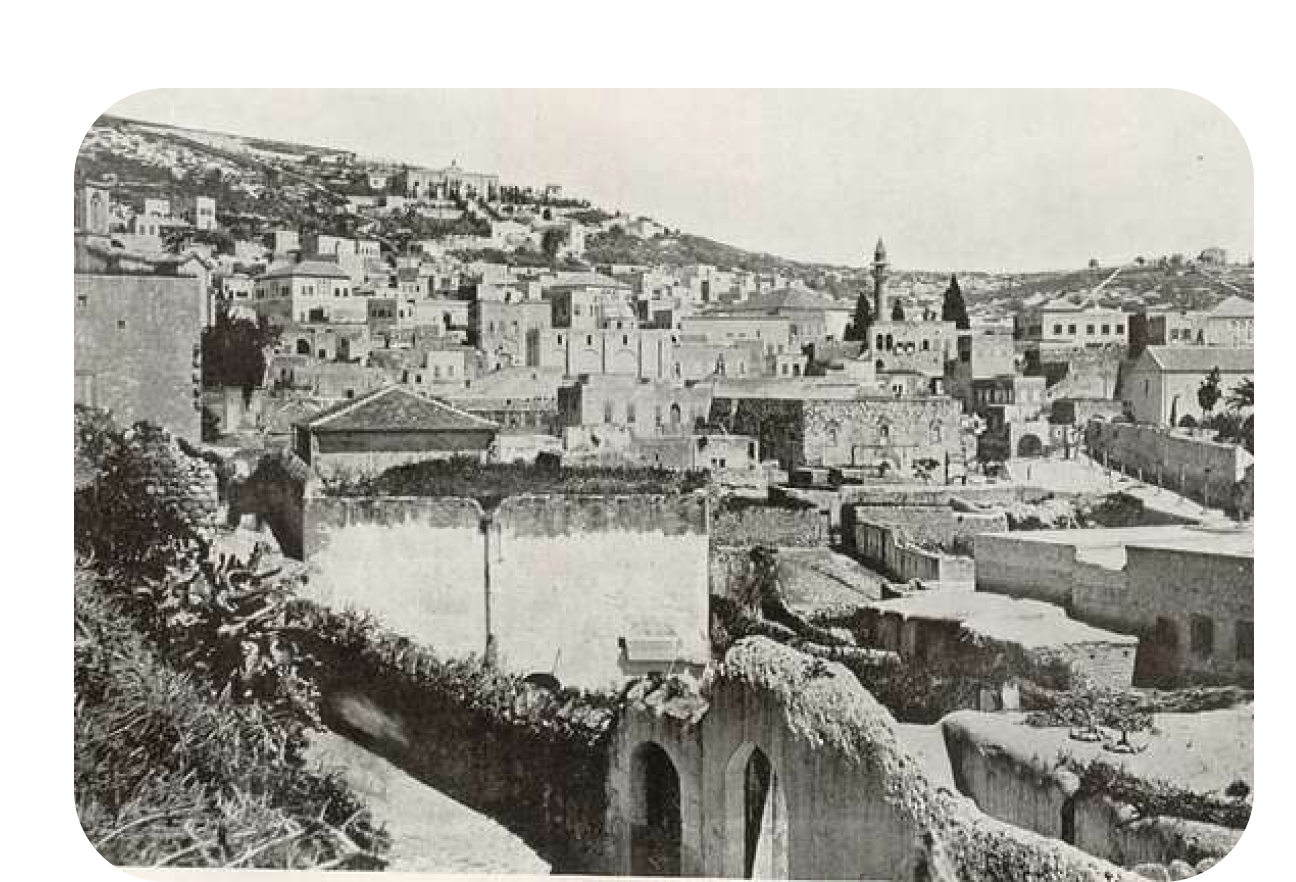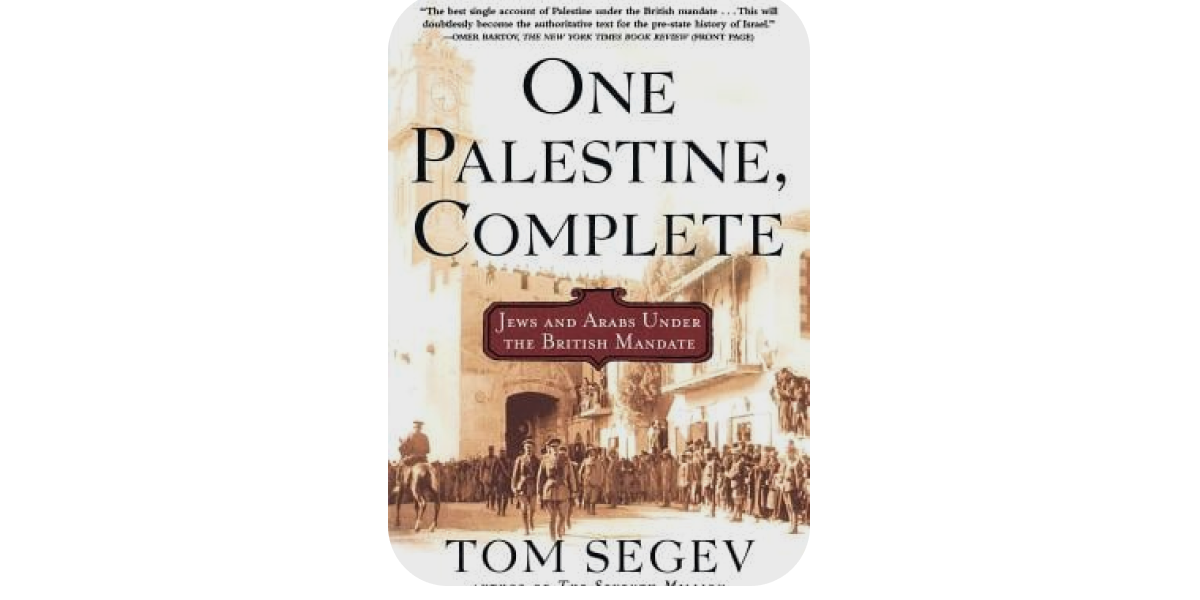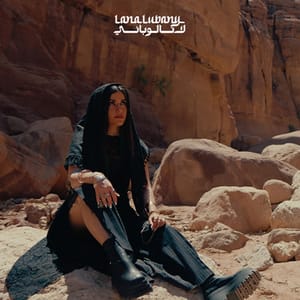Lana Lubany NAZARETH (2024)
Israel is not a purely Jewish state. Around 25% of the population belong to other faiths, mostly Islam and Christianity. This fact is reflected in Jesus’ hometown Nazareth, where these two religions form the largest communities by far. Since most Muslims and Christians in Israel are Arabs, the northern Israeli city is considered the "Arab capital of Israel."
Let's take a quick look back: In the months leading up to the 1948 Arab–Israeli War, Nazareth became a refuge for Arab Palestinians fleeing cities like Tiberias, Haifa and Baysan as the Haganah captured those areas. Although Nazareth never became an active battleground, Israeli forces did shell the city. Soon after the attack began, Nazareth's police chief raised a white flag over the police station, signaling surrender.

Nazareth's surrender was formalized through an agreement in which the town’s leaders agreed to cease hostilities in exchange for assurances that civilians would not be harmed. Shortly after, General Chaim Laskov ordered brigade commander Ben Dunkelman to forcibly evacuate the Arab population. But Dunkelman refused, saying he was "shocked and horrified" by the order to break the agreement. He was relieved of his command twelve hours later but only after securing guarantees for the safety of Nazareth’s residents.
Nevertheless, Nazareth was forcibly incorporated into the new State of Israel, contrary to the UN partition plan of 1947 and against the wishes of its residents. Despite decades of land expropriation, the settlement of Jewish communities nearby and efforts to redraw community boundaries, the Israeli government has not succeeded in forcing the Arab population to emigrate. In fact, Nazareth remains a symbol of civil resistance and a haven for many Palestinians—and presumably also for the London-based Palestinian-American singer Lana Lubany.
According to a statement she made to Clash, her song "NAZARETH" reflects on her personal history. However, one can’t shake the feeling that there’s a political undertone in her lyrics as she sings: “Oh, Nazareth, you hold a taste of the warmth / Oh, Nazareth, you are the calm in the storm / [...] / And when they move on / You'll still be standing tall / All mighty in your humble walls.”
Dig Deeper

If you want to break out of the propaganda war, a scientifically sound yet accessible contribution to the Middle East conflict is offered in this book by Israeli historian Tom Segev.
"The best single account of Palestine under the British mandate … This will doubtlessly become the authoritative text for the pre-state history of Israel." — Omer Bartov, The New York Times Book Review

Start the conversation
Become a paid member of The Rest to gain access to the comments section.